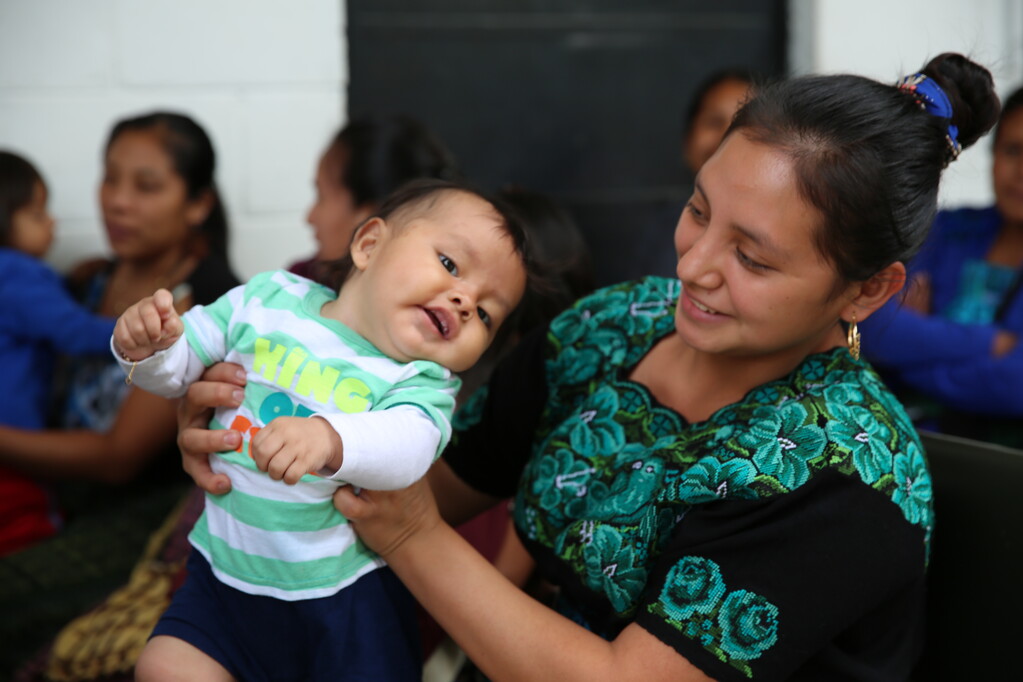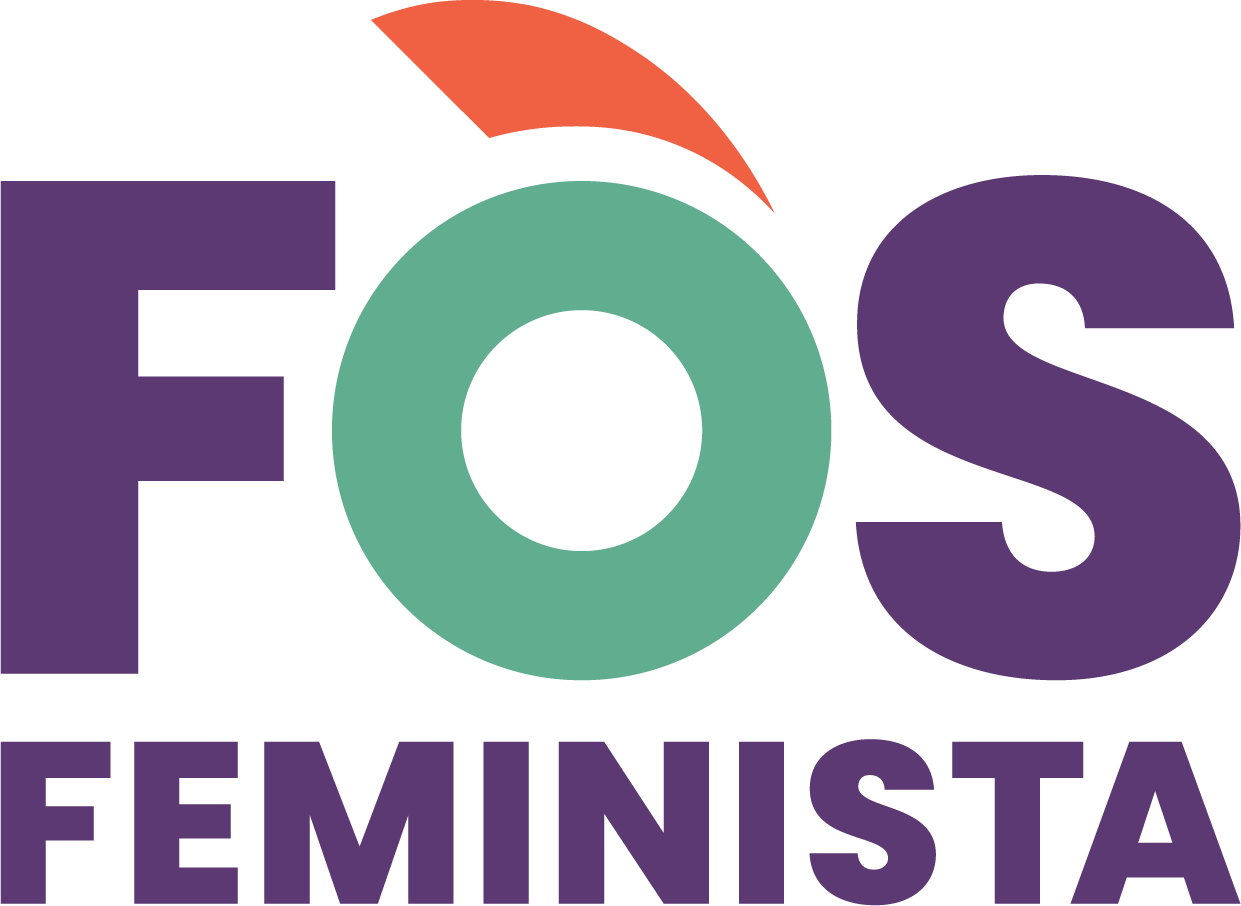
We are committed to the rights of Indigenous peoples and to bridging the healthcare gap for the most historically underserved communities.
Itzel is a young K’iche’ indigenous woman who lives in the department of Quetzaltenango, Guatemala. At 19 years old, she was already the mother of two children and did not want another pregnancy.
Itzel knows that many residents from her village seeking contraceptive methods had to travel to the municipal capital, a trip she could not undertake due to financial constraints. She found out about APROFAM from one of her neighbors and then contacted a volunteer community worker, an Indigenous woman who offers sexual and reproductive health counseling and speaks the same language as Itzel.
The community worker comes once a week to town. Itzel talked to her and decided that it was best to start taking oral contraceptives since they are affordable, and perhaps later she could get an IUD.
Itzel needs a reliable contraceptive method because she considers that, for the moment, the most important thing is to take care of her two children and to be able to continue working as a corn and bean farmer, which requires a lot of time and effort, in addition to all the chores at home.
APROFAM has a network of nearly 3,000 volunteers in Guatemala who provide person-to-person care for thousands of Indigenous people living in rural areas. They offer personalized contraceptive counseling and distribute contraceptive methods. APROFAM’s mobile health team also coordinates visits with community leaders to raise awareness about their services.
Like APROFAM, dozens of Fòs Feminista’s partner organizations in Latin America and other parts of the world provide sexual and reproductive health services for women, girls and gender-diverse Indigenous people. Many of the services are provided in the languages of the communities and are often implemented by people from the communities themselves.
Whether in Zapotec in Mexico, Mopan in Belize, Aymara in Bolivia, Guarani in Paraguay or elsewhere, we are committed to the rights of Indigenous peoples and to bridging the health care gap for the most historically underserved communities.






